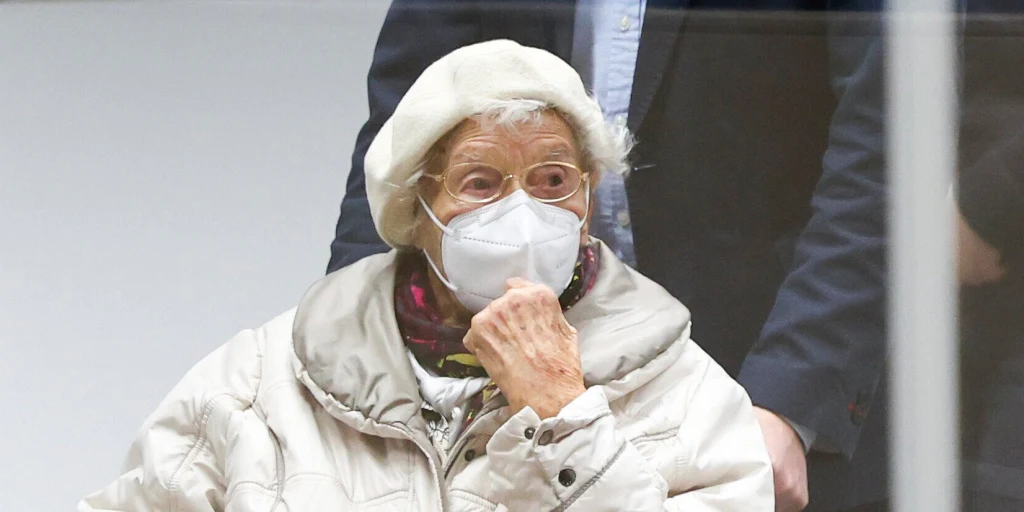Dozens of Rohingya refugees, rescued after their boat capsized off Indonesia’s westernmost coast last week, have been compelled to vacate their temporary shelter due to vehement protests from the local populace, as confirmed by a United Nations refugee agency official on Wednesday.
The Rohingya, predominantly Muslim and heavily persecuted in Myanmar, embark on perilous sea journeys annually, seeking refuge in Malaysia or Indonesia. However, the surge of refugees has triggered resentment in Indonesia’s Aceh province, where locals have repelled Rohingya boats back to sea or attempted to breach their temporary refuges in recent months.
Survivors of the recent capsizing were relocated a short 10-minute drive away to the local government chief’s office in West Aceh, disclosed UNHCR protection associate Faisal Rahman to AFP.
Last Thursday, authorities rescued 69 Rohingya found clinging to the hull of their overturned vessel for over a day, with six others saved by fishermen a day earlier. Despite survivors’ claims of over 150 individuals aboard, at least 11 Rohingya were discovered dead at sea after search operations ceased on Friday.
Initially housed in an old Red Cross building in West Aceh regency, the refugees faced forcible eviction on Tuesday as scores of locals stormed the facility, prompting authorities to relocate the group of 75 refugees.
Indonesia’s Foreign Ministry spokesman, Lalu Muhamad Iqbal, underscored Jakarta’s provision of temporary shelter for humanitarian reasons, insisting that permanent shelter should be facilitated by the UN and signatory nations to the UN Refugee Convention—an obligation Indonesia does not bear.
From mid-November to late January, 1,752 Rohingya refugees arrived on Indonesian shores, marking the largest influx since 2015, according to UNHCR data. Despite Acehnese sympathies towards their Muslim counterparts, instances of protests have surfaced, including a December incident where hundreds of students compelled the relocation of over a hundred Rohingya refugees from a function hall, citing concerns over anti-social behavior.
While many Acehnese extend empathy towards the Rohingya, others assert their patience has waned, attributing it to alleged misconduct by the refugees.



